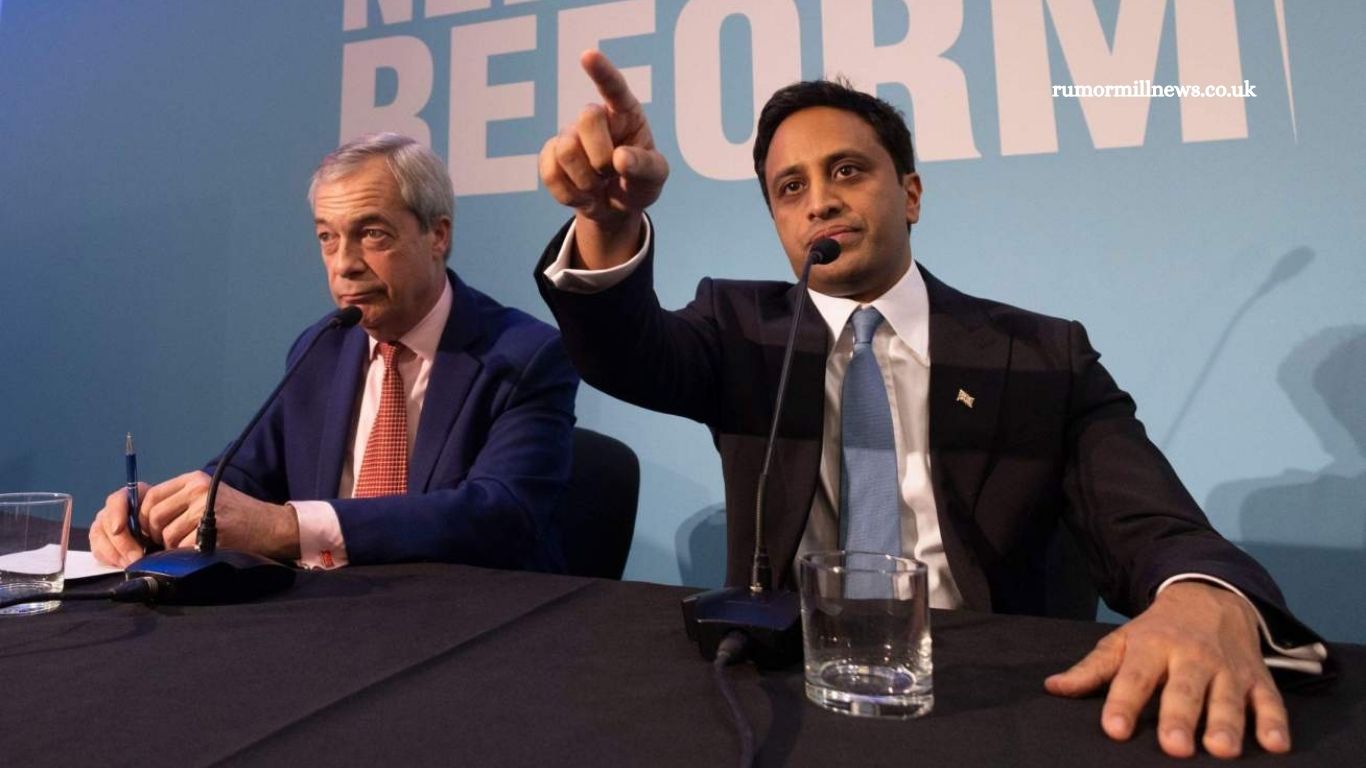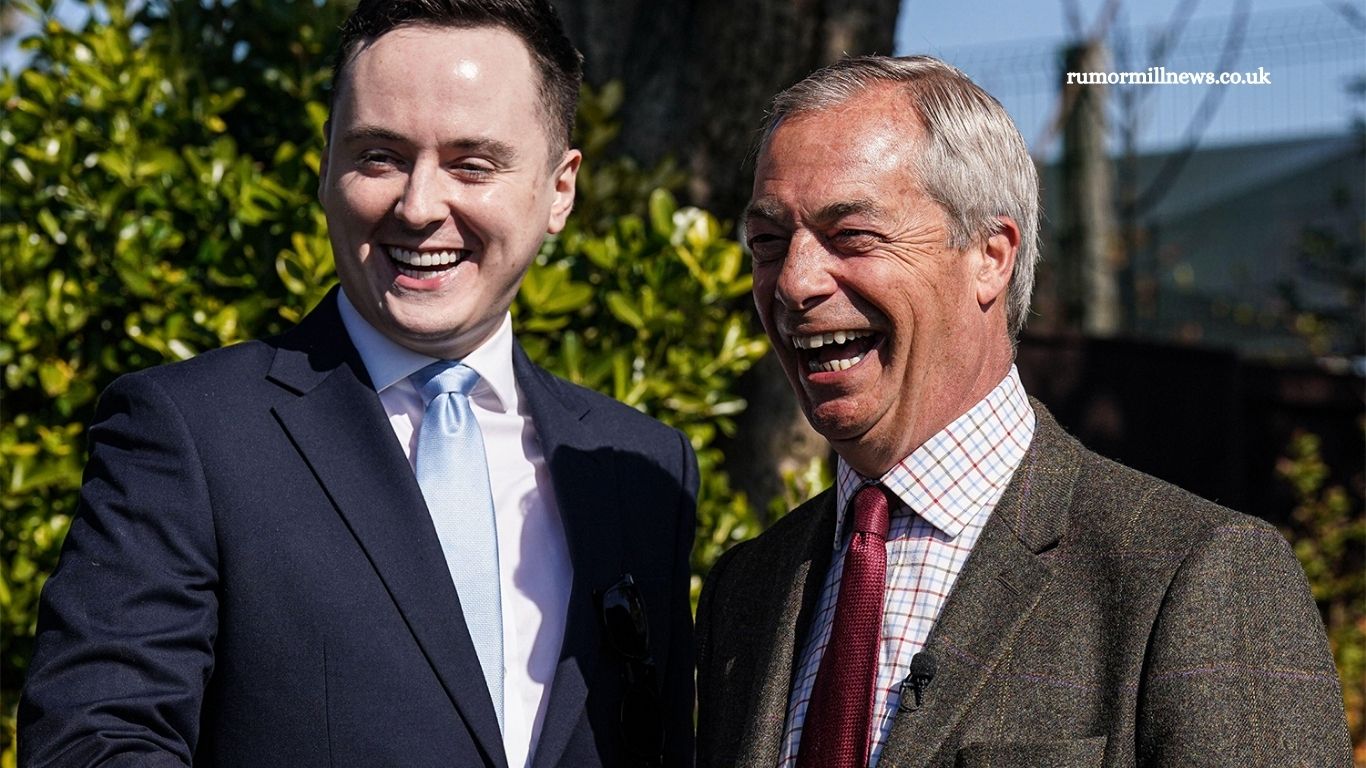In a major legal and political development, the UK government is set to ban the civil disobedience group Palestine Action, alongside two neo-Nazi organizations: the Maniacs Murder Cult (MKU) and the Russian Imperial Movement (RIM). The move, which falls under the Terrorism Act 2000, is raising serious concerns among legal experts and human rights advocates.
New Law Passed Through a Statutory Instrument
On 30 June 2025, ministers introduced a statutory instrument (SI) titled The Terrorism Act 2000 (Proscribed Organisations) (Amendment) Order 2025. Unlike standard legislation, SIs allow ministers to make changes to the law without requiring a full parliamentary process. In this case, the law only requires 90-minute debates in both the House of Commons and House of Lords, with no opportunity for amendments.
Once both Houses approve the SI—which experts expect to happen without resistance—the Home Secretary will sign the law, and it will come into effect the following day, likely Saturday, July 5.
Read More: Zia Yusuf of Reform UK Accused of Using Propaganda to Politicise Council Staff
Why Palestine Action Is Being Targeted
Palestine Action is a well-known UK-based activist network committed to shutting down firms linked to the Israeli military, particularly Elbit Systems, Israel’s largest arms manufacturer. The group has employed direct action tactics including site occupations, damage to property, and protest disruptions.
Earlier in June 2025, Palestine Action activists allegedly broke into RAF Brize Norton and spray-painted military aircraft. This incident is believed to have contributed to the group’s inclusion in the list of banned organizations.
The government argues that the group’s actions pose a threat to national security and public safety, framing its proscription as a matter of counter-terrorism. Critics, however, see the move as a political crackdown on protest rights.
Neo-Nazi Groups Also Banned
While Palestine Action’s inclusion has sparked political controversy, the other groups listed under the amendment are more widely regarded as terrorist threats:
Maniacs Murder Cult (MKU)
MKU is a violent neo-Nazi organization, originally from Russia, involved in the creation of terrorist propaganda. U.S. prosecutors allege that the group’s leader, known as Commander Butcher, instructed an undercover agent to distribute poisoned candy to minority children. MKU is also linked to kill manuals and alliances with other hate groups such as No Lives Matter.
Russian Imperial Movement (RIM)
The RIM and its paramilitary wing, the Russian Imperial Legion (RIL), were designated as global terrorists by the U.S. in 2020. The organization has reportedly trained white supremacists in St. Petersburg and actively supports Russian military operations in Ukraine. The group promotes far-right nationalism, imperialism, and, alarmingly, the use of nuclear weapons in armed conflict.
Legal Procedure and Parliamentary Oversight
Under UK law, banning an organization through a statutory instrument uses the affirmative procedure, meaning Parliament must vote to approve it, but cannot change the details.
According to Dr. Ruth Fox of the Hansard Society, the grouping of multiple organizations into a single SI is standard practice for efficiency. However, she criticizes the lack of adequate scrutiny, especially in complex or controversial cases.
“Statutory instrument scrutiny is poor. There’s limited time and too little debate for decisions of this magnitude,” Dr. Fox told Byline Times.
- What the Ban Means Legally
- Once the law comes into force, it will be a criminal offence to:
- Belong to or publicly support Palestine Action
- Organize or attend meetings in support of the group
- Address events associated with the organization
- Wear symbols or display items showing allegiance
Offenders could face up to 10 years in prison and/or a substantial fine. The law mirrors the sanctions applied to recognized terrorist organizations, meaning even writing an article in support of Palestine Action could carry criminal liability.
Human Rights Concerns
Human rights groups are expressing alarm over the government’s decision to place a civil disobedience group in the same legal category as violent extremist organizations.
Akiko Hart, Director of Liberty, called the move a dangerous expansion of counter-terror powers.
“If today’s draft order is voted through, it could put thousands of campaigners at risk of criminal sanctions,” Hart warned. “It would likely deter people from exercising their rights to free expression and protest.”
Palestine Action is the first direct-action protest group to be proscribed under UK terrorism laws—an unprecedented move that critics argue was never the intention behind such legislation.
High Court Challenge in Progress
Palestine Action supporters have filed for an urgent judicial review at the High Court in an effort to block the ban. However, legal experts are not optimistic.
Dr. Fox notes that courts are often reluctant to intervene in cases involving national security, especially given the wide-ranging powers ministers hold under the Terrorism Act 2000.
Broader Implications
While the government’s goal is to combat terrorism, this move could set a legal precedent for the criminalization of protest groups, potentially leading to more bans in the future. Civil liberties groups are concerned that legitimate dissent may be suppressed under the guise of counter-terrorism.
Frequently Asked Questions
What is Palestine Action?
Palestine Action is a UK-based activist group focused on direct action against arms manufacturers supplying weapons to Israel, particularly Elbit Systems.
Why is Palestine Action being banned?
The government claims that the group poses a threat to national security and public order due to its actions, including damage to property and intrusion into secure military sites.
Who are the other groups being banned?
The other two organizations are the Maniacs Murder Cult (MKU) and the Russian Imperial Movement (RIM), both associated with white supremacist terrorism and extremist violence.
What does it mean for a group to be proscribed in the UK?
Proscription makes it illegal to support, join, or promote the group in any way. This includes attending events, speaking in favor of the group, or displaying its symbols.
What penalties apply if someone violates this law?
Violators can face up to 10 years in prison, a fine, or both. Even indirect support, such as writing in favor of the group, can be criminalized.
Can Parliament amend this legislation?
No. Statutory instruments like this can only be accepted or rejected in full. They cannot be modified by MPs or Lords during debate.
Are there any legal challenges to the ban?
Yes. Palestine Action has initiated an urgent High Court challenge, but experts believe the likelihood of success is slim due to the nature of national security laws.
Could this affect other protest movements?
Potentially. Critics argue that this sets a dangerous precedent, where protest groups—particularly those using disruptive tactics—may face similar bans in the future.
Conclusion
The UK government’s decision to ban Palestine Action alongside extremist neo-Nazi groups marks a pivotal moment in the nation’s approach to protest and public dissent. While combating terrorism is essential, lumping a non-violent protest group with known terrorist organizations has sparked widespread concern among civil liberties advocates.
With the ban expected to take effect imminently, activists, legal scholars, and rights groups will be closely watching what comes next—not just for Palestine Action, but for the future of protest rights in the UK.




